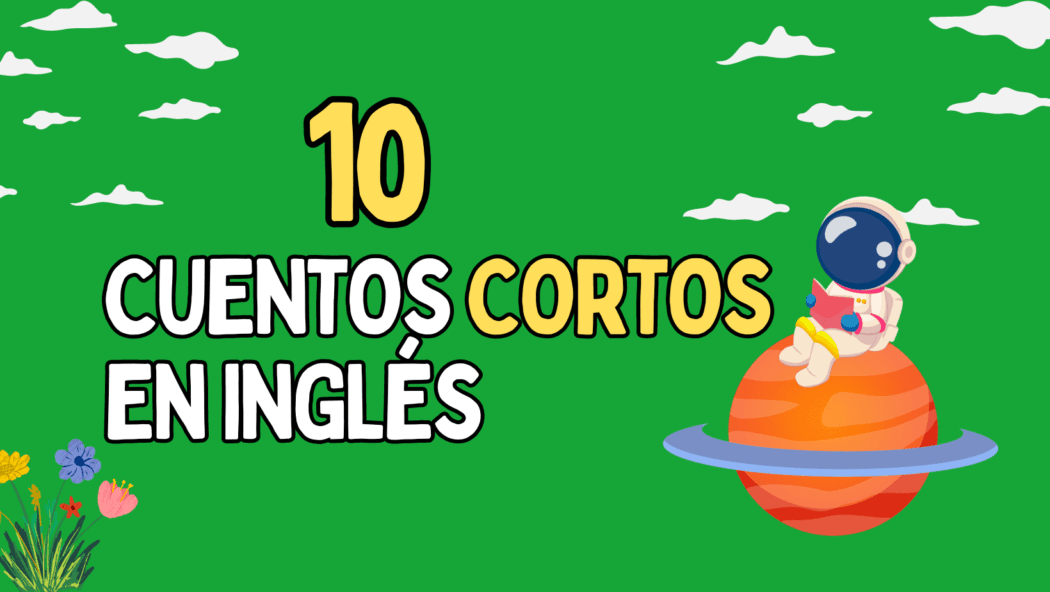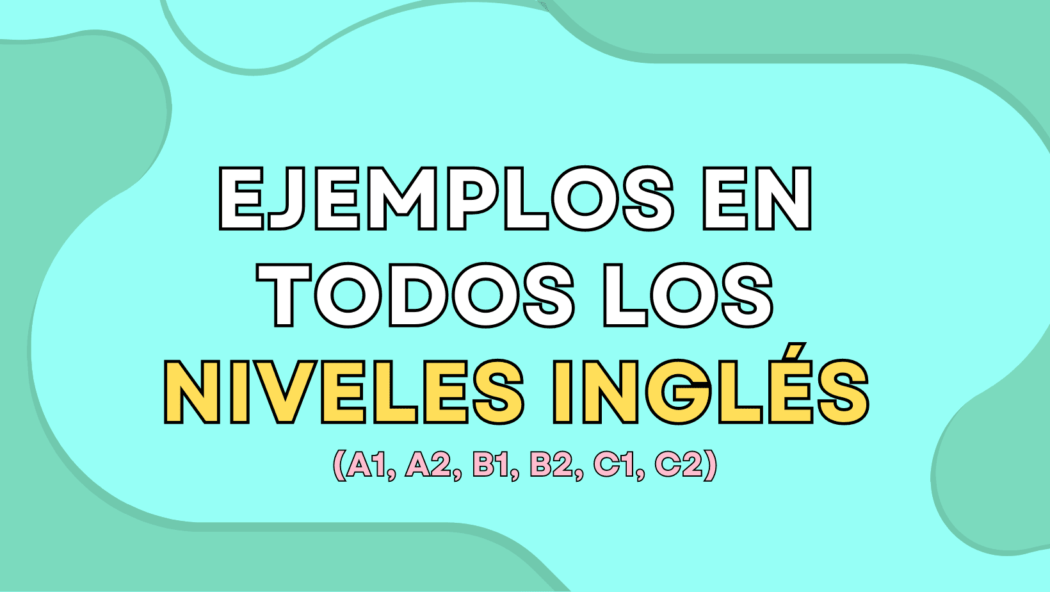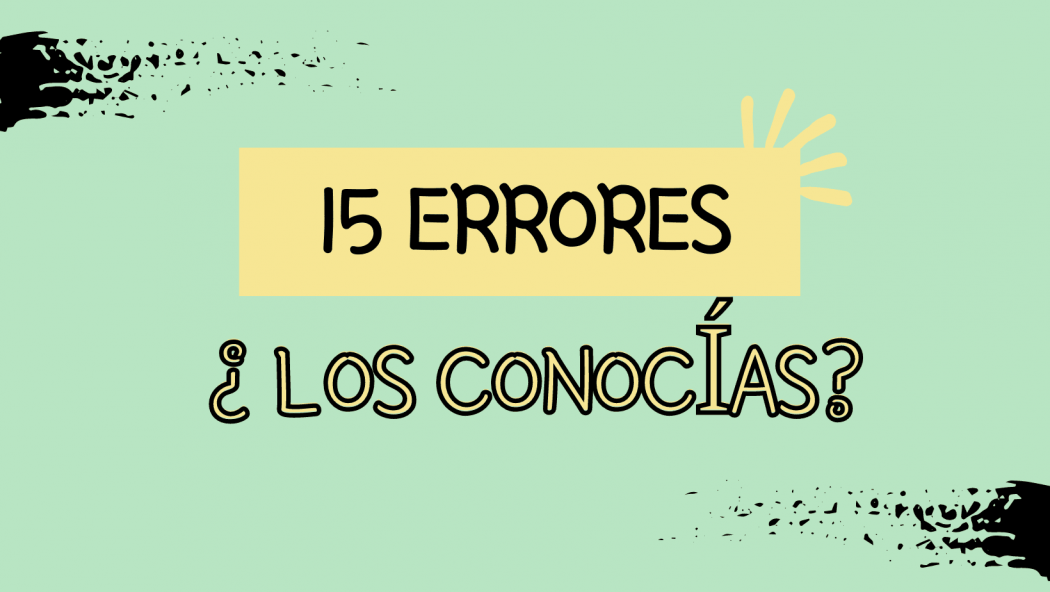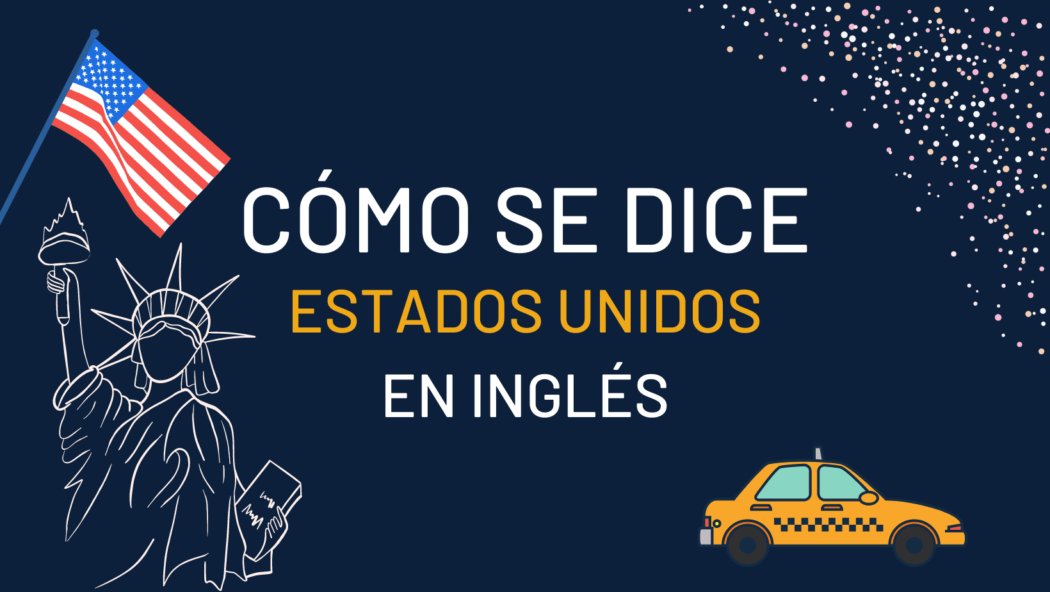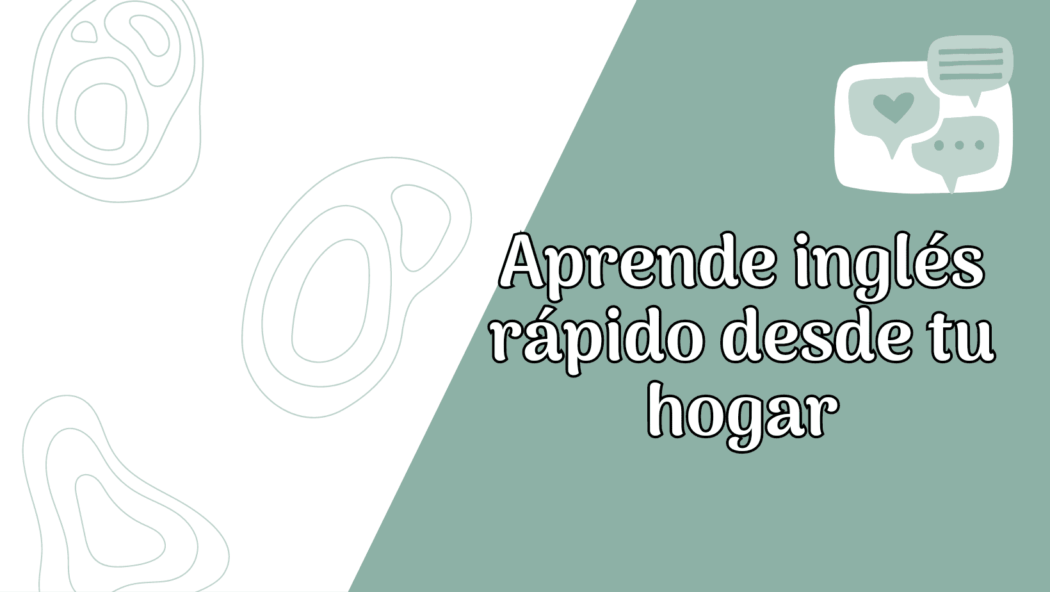¡Hola a todos! Ponte cómodo/a porque hoy te traigo una selección de 65 oraciones con verbos irregulares en inglés y su traducción al español.
¿Se han preguntado por qué decimos «went» y no «goed», o por qué «bought» en vez de «buyed»? Bueno, estos son ejemplos de verbos irregulares, aquellos a los que no les gusta seguir las reglas habituales de conjugación y debemos aprenderlos de memoria.
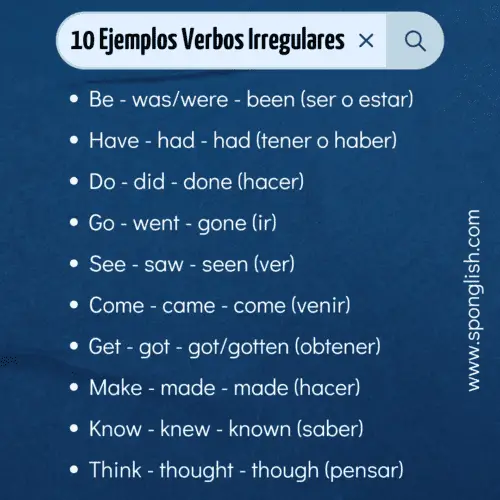
A través de ejemplos prácticos en inglés y su traducción al español, les ofreceremos una herramienta sencilla pero efectiva para que puedan practicar y dominar estos verbos. Perfecto para estudiantes de todos los niveles, este artículo es su trampolín para hacer que los verbos irregulares sean easy peasy (pan comido).
En este artículo, no nos enredaremos en complicadas reglas gramaticales; en lugar de eso, vamos directo a la acción con una serie de oraciones con los verbos irregulares más comunes en inglés y español. Estos ejemplos están diseñados para ayudarte a entender y practicar estos verbos de manera fácil y efectiva. ¡Así que prepárate para hacer de los verbos irregulares una parte natural de tu inglés!
- Si quieres conocer más en profundidad estos verbos será mejor que pases por acá:
- Pasado Simple en inglés: estructura y reglas
- 50 verbos irregulares en inglés y español
65 Oraciones con verbos irregulares en inglés y español
A continuación verás distintas frases con verbos irregulares en inglés, todas traducidas al español para que así aprendas en contexto a cómo usar cada verbo: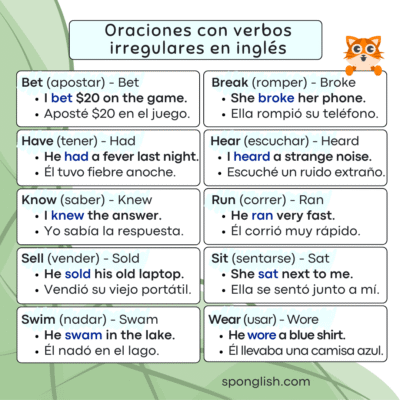
1. Be (ser o estar) – Was / were
- I was at home all day yesterday.
- Estuve en casa todo el día ayer.
2. Become (llegar a ser) – Became
- She became a doctor last year.
- Ella se convirtió en médico el año pasado.
3. Begin (comenzar) – Began
- I began learning Spanish last year.
- Comencé a aprender español el año pasado.
4. Bet (apostar) – Bet
- I bet $20 on the game.
- Aposté $20 en el juego.
5. Bite (morder) – Bit
- She bit into the apple.
- Ella mordió la manzana.
6. Buy (comprar) – Bought
- I bought a new car.
- Compré un auto nuevo.
7. Bring (traer) – Brought
- He brought his friends to the party.
- Él trajo a sus amigos a la fiesta.
8. Break (romper) – Broke
- She broke her phone.
- Ella rompió su teléfono.
9. Choose (elegir) – Chose
- I chose the red dress.
- Elegí el vestido rojo.
10. Come (venir) – Came
- They came to visit us last weekend.
- Vinieron a visitarnos el fin de semana pasado.
11. Cut (cortar) – Cut
- She cut her hair short.
- Ella se cortó el cabello corto.
12. Do (hacer) – Did
- She did her homework before dinner.
- Ella hizo su tarea antes de cenar.
13. Draw (dibujar) – Drew
- They drew a beautiful picture.
- Dibujaron una imagen hermosa.
14. Drink (beber) – Drank
- We drank some water.
- Bebimos algo de agua.
15. Drive (conducir) – Drove
- She drove us to the theater.
- Nos llevó al teatro.
16. Eat (comer) – Ate
- They ate at a restaurant.
- Comieron en un restaurante.
17. Feel (sentir) – Felt
- We felt very happy.
- Nos sentimos muy felices.
18. Find (encontrar) – Found
- He found a lost puppy in the park.
- Él encontró un cachorro perdido en el parque.
19. Fly (volar) – Flew
- We flew to Paris last summer.
- Volamos a París el verano pasado.
20. Forget (olvidar) – Forgot
- I forgot my wallet at home.
- Olvidé mi cartera en casa.
21. Get (obtener) – Got
- They got a new pet yesterday.
- Consiguieron una nueva mascota ayer.
22. Give (dar) – Gave
- She gave me a nice gift.
- Ella me dio un buen regalo.
23. Go (ir) – Went
- We went to the beach last summer.
- Fuimos a la playa el verano pasado.
24. Grow (crecer) – Grew
- He grew tomatoes in his garden.
- Él cultivó tomates en su jardín.
25. Have (tener) – Had
- He had a fever last night.
- Él tuvo fiebre anoche.
26. Hide (esconder) – Hid
- We hid the gifts before the party.
- Escondimos los regalos antes de la fiesta.
27. Hear (escuchar) – Heard
- I heard a strange noise.
- Escuché un ruido extraño.
28. Hold (sostener) – Held
- They held a meeting in the office.
- Tuvieron una reunión en la oficina.
29. Keep (mantener) – Kept
- We kept the window open.
- Mantuvimos la ventana abierta.
30. Know (saber) – Knew
- I knew the answer.
- Yo sabía la respuesta.
31. Lead (liderar) – Led
- He led the team to victory.
- Él lideró al equipo hacia la victoria.
32. Leave (dejar) – Left
- He left a note on the table.
- Él dejó una nota en la mesa.
33. Let (permitir) – Let
- I let her use my phone.
- Le permití usar mi teléfono.
34. lie (echarse) – Lay
- He lay down because he was tired.
- Él se acostó porque estaba cansado.
35. Lose (perder) – Lost
- They lost their way in the forest.
- Perdieron el camino en el bosque.
36. Make (hacer) – Made
- I made a cake for her birthday.
- Hice un pastel para su cumpleaños.
37. Meet (conocer) – Met
- I met him at the coffee shop.
- Lo conocí en la cafetería.
38. Pay (pagar) – Paid
- They paid for the groceries.
- Pagaron por los víveres.
39. Speak (hablar) – Spoke
- We spoke about the project.
- Hablamos sobre el proyecto.
40. Read (leer) – Read
- She read the book in one day.
- Ella leyó el libro en un día.
41. Ring (sonar) – Rang
- The phone rang while we were eating dinner.
- El teléfono sonó mientras cenábamos.
42. Rise (elevar) – Rose
- They rose early to see the sunrise.
- Se levantaron temprano para ver el amanecer.
43. Run (correr) – Ran
- He ran very fast.
- Él corrió muy rápido.
44. Say (decir) – Said
- She said she would be late.
- Ella dijo que llegaría tarde.
45. See (ver) – Saw
- I saw a shooting star last night.
- Vi una estrella fugaz anoche.
46. Sell (vender) – Sold
- He sold his old laptop.
- Vendió su viejo portátil.
47. Send (enviar) – Sent
- He sent the package yesterday.
- Envió el paquete ayer.
48. Set (preparar) – Set
- We set the table for dinner.
- Preparamos la mesa para la cena.
49. Sing (cantar) – Sang
- They sang at the concert last night.
- Cantaron en el concierto anoche.
50. Sit (sentarse) – Sat
- She sat next to me.
- Ella se sentó junto a mí.
51. Sleep (dormir) – Slept
- He slept through the entire movie.
- Él durmió durante toda la película.
52. Speak (hablar) – Spoke
- We spoke to the manager about the problem.
- Hablamos con el gerente sobre el problema.
53. Spend (gastar) – Spent
- We spent the weekend at the beach.
- Pasamos el fin de semana en la playa.
54. Stand (pararse) – Stood
- They stood under the tree.
- Ellos se pararon bajo el árbol.
55. Swim (nadar) – Swam
- He swam in the lake.
- Él nadó en el lago.
56. Take (tomar) – Took
- She took a taxi to the airport.
- Ella tomó un taxi al aeropuerto.
57. Teach (enseñar) – Taught
- We taught the children how to read.
- Enseñamos a los niños a leer.
58. Tell (decir) – Told
- She told me the news yesterday.
- Ella me contó las noticias ayer.
59. Think (pensar) – Thought
- He thought the movie was interesting.
- Él pensó que la película era interesante.
60. Throw (arrojar) – Threw
- He threw the ball to the dog.
- Él lanzó la pelota al perro.
61. Understand (entender) – Understood
- They understood the instructions after the explanation.
- Ellos entendieron las instrucciones después de la explicación.
62. Wake (despertar) – Woke
- She woke up early.
- Ella se despertó temprano.
63. Wear (usar) – Wore
- He wore a blue shirt.
- Él llevaba una camisa azul.
64. Win (ganar) – Won
- He won the chess tournament last weekend.
- Él ganó el torneo de ajedrez el fin de semana pasado.
65. Write (escribir) – Wrote
- She wrote a letter.
- Ella escribió una carta.
Espero que estas oraciones te sean útiles para practicar los verbos irregulares en inglés.

